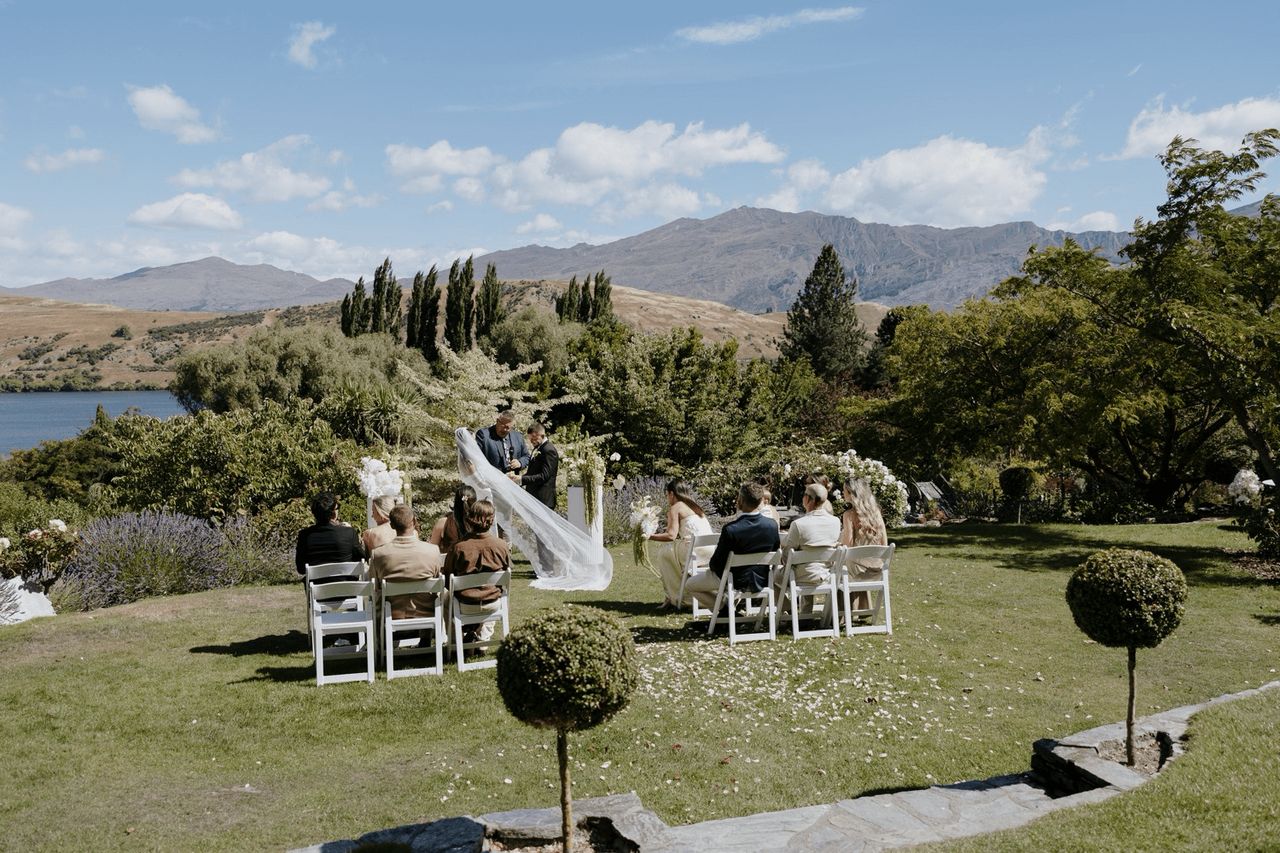· Wedding Planning · 4 min read
The Wedding Tax
Publishing this for the next current affair TV journalist that comes to ask about why weddings are sooo expensive

Let’s talk about something that often causes stress for engaged couples: wedding vendor pricing. You might have heard people complain about the “wedding tax” – that mysterious markup that seems to appear as soon as you mention the word “wedding.” But here’s the thing: creating weddings isn’t like any other industry, and there’s more to those prices than meets the eye.
Why Wedding Planning Feels So Different
If you’re feeling overwhelmed about planning your wedding, you’re not alone. Think about it: you’re likely planning the biggest event you’ve ever organized, bringing together the most people you’ve ever gathered (from every branch of your family and friendship trees), and spending more money than you’ve ever spent before. And you’re doing all this in an industry that operates unlike any other.
The Unique World of Wedding Vendors
Here’s something that might surprise you: the wedding industry is almost exclusively made up of micro to small businesses. In my 16 years of working with wedding vendors, I’ve met maybe 10 businesses with more than five staff members or revenues over $500k. When you reach out to a wedding vendor, you’re most likely talking to a solo operator or a duo/couple who has dedicated their career to making wedding dreams come true.
The Real Math Behind Wedding Pricing
Wedding creators who do this full-time have to carefully calculate how many weddings they can realistically take on each year. The math is surprisingly straightforward:
Annual expenses + annual household income + annual taxes = required income
Then: Required annual income ÷ number of possible weddings = charge per wedding
Simple, right? Well, not quite. Let’s break down what goes into those “expenses.”
The Hidden Costs of Creating Wedding Magic
Basic Business Expenses
Insurance and registration fees
Income taxes and other government fees
Vehicle costs, maintenance, and fuel
Professional equipment (think $30,000 camera gear or $5,000 PA systems)
Travel expenses, including rental cars, flights, and accommodation
Their own wage from the business
The Invisible Work
Time spent answering enquiries from couples who don’t book
Marketing and advertising costs
Social media management
Website maintenance
Time spent experimenting and improving their craft
Preparation and post-wedding processing time (photographers often spend 1-5 days processing images from a single wedding)
The Human Factor
Taking proper rest to maintain creativity and energy
Time off for family and personal life
The “wedding hangover” - that day after your wedding when we’re completely spent from giving our all
Regular equipment upgrades and maintenance
Ongoing education and skill development
Why Quality Wedding Vendors Don’t Come Cheap
Every failed wedding vendor story I’ve encountered usually comes down to one thing: they didn’t charge enough to sustain their business properly. They either burned out, couldn’t maintain their equipment, or weren’t resourced enough to deliver what they promised.
Four Tips for Working with Wedding Vendors
Accept that you might not know what things cost
Most of us don’t know what professional services should cost until we need them. Keep an open mind and ask questions to understand what you’re getting for your money.Show appreciation
When you receive a quote, remember that someone put time and thought into crafting it for you. A simple acknowledgment goes a long way.Consider value, not just price
Price always exists within the context of value. What seems expensive at first might be incredibly valuable when you understand everything that’s included.Remember you’re working with humans
Approach vendors with respect and openness. Instead of saying “You’re too expensive,” try “I appreciate your work - are there ways we could work within my budget?”
A Personal Note
Every time someone books me for their wedding, two things happen. First, I feel an immense responsibility to create something truly special for them. From that moment on, part of my brain is already planning and preparing for their day. Second, I feel genuine joy that someone has connected with what I do and has chosen to trust me with their special day.
The real “wedding tax” isn’t what you pay – it’s the emotional and mental investment that every dedicated wedding vendor pours into making your day absolutely perfect.



